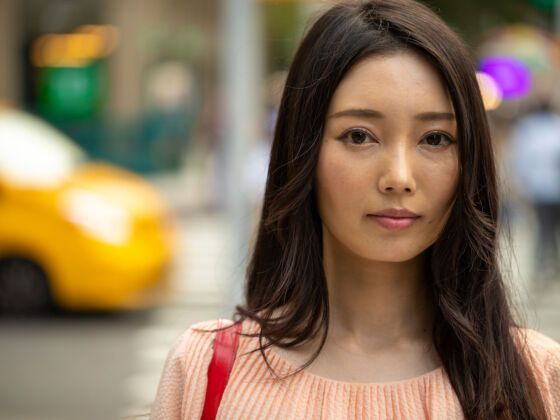Politics has always meant trouble in my little family. My parents were immigrants to America with only one thing on their minds: to work hard and to live happily in a land filled with brand new opportunities.
“Ahh – poorr—tuu—nity,” my mother always says, drawing out every single syllable. “We come to America for better job. Better education. Better life. You continue do same.”
